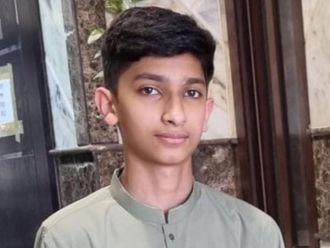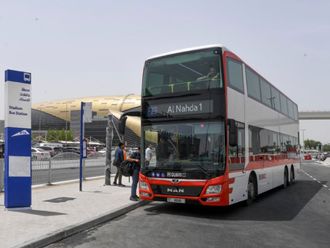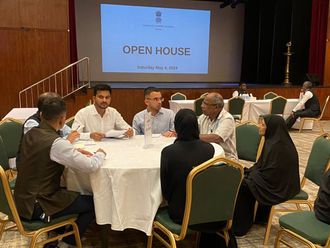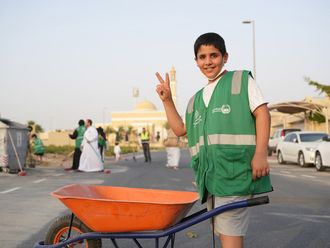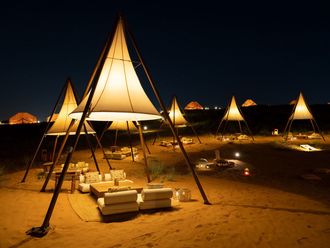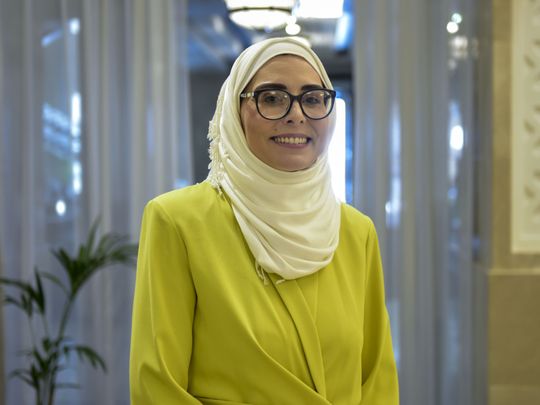
Dubai: Talking to Dubai-based Linda Sabbarini can be revealing. An “economist at heart and an educator in spirit”, she is brimming with ideas on development. But what really sets you thinking is her take on our work lives.
The half-Palestinian and half-French Linda is a gender auditor.
Now, if you’ve never met or heard of a gender auditor, there’s always a first time.
“Gender auditors may be relatively new in this part of the world, but not globally,” says the 44 year old who has been in Dubai for 11 years. “The role is an offshoot of social auditing. Unlike a financial auditor who checks a company on specific financial criteria, I am trained on a matrix of International Labour Organisation-certified participatory gender audit applications. These facilitate the learning journey in terms of gender mainstreaming and help organisations get a baseline on where they stand on gender equality.”
However, gender equality is not about representation. As Linda says, “If we talk about having women in an organisation, that’s gender inclusion. If we talk about an equal number of men and women, that is gender balance. For gender equality to materialise, there needs to be a whole system in place. Gender equality is not a Game of Thrones between men and women. It’s about ensuring equality of rights, responsibilities and opportunities between men and women, boys and girls and accepting change in small steps.”
She explains how gender auditors serve as facilitators who do an organisational analysis for detecting and mapping discrimination at work, look at accountability, evaluation and monitoring of systems and instruments, while developing a change-management approach with action planning and identification of new challenges and possible improvements.
Linda feels strongly about stereotyping of men and women in certain roles. She says traditionally, clusters of women have been more prevalent at the bottom of the management hierarchy, in lowly paid roles that typically are linked with their appearance or require qualities like patience, sympathy and empathy. For the longest time, not a lot of women were seen in finance, oil and gas, STEM or managerial roles because of the male clustering. This, despite their high levels of education, she added.
What keeps them from being in such positions? What are the dynamics of the labour market? What about legislations? Do they ensure equal pay for equal work? These are some of the questions that Linda looks into, even as she facilitates organisations to take into consideration the caregiving role of couples without stigmatisation.
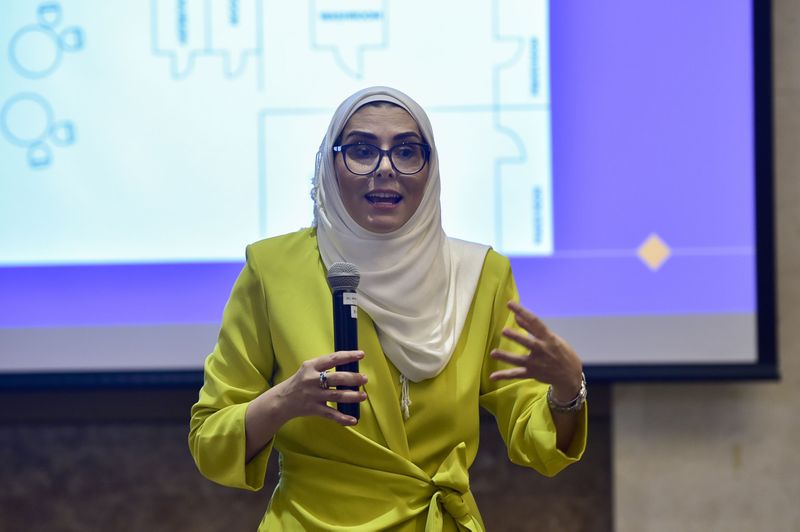
Linda, who is a consultant both in the public and private sector, says UAE has much to be proud of in the context of gender equality.
“UAE can celebrate its efforts in bridging the gender gap and achieving the top ranking in the Gender Equality Index in the Arab region while being in the 18th position globally,” she says, noting that the government and public sector are a fine example of having women in leadership positions.
“The private sector still needs to work on this,” she adds.
NAMA’s Irtiqa initiative
Recently, Linda was invited to address a workshop at the NAMA Women Advancement’s (NAMA) Irtiqa initiative under the Sharjah Government.
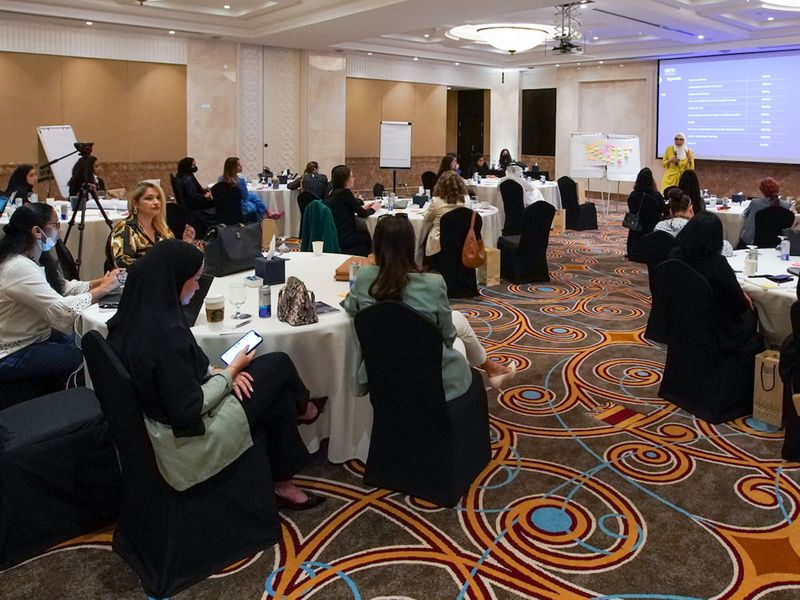
According to Reem Binkaram from the directorate of NAMA Women Advancement, “Irtiqa aims to mainstream gender equality in the workplace to boost efficiency and unlock opportunities for women. Taking into account the unique context and operation of each company, Irtiqa’s action-oriented toolkit facilitates the implementation of gender-inclusive practices to help companies develop and make tangible progress towards achieving diversity and inclusion goals.”
She says, “We believe that the private sector has an opportunity to make a real difference when it comes to advancing women’s economic empowerment. Accordingly, Irtiqa helps businesses identify obstacles to women’s career development and implement concrete actions that advance gender equality in the workplace.”
Mum of a nine-year-old girl, Linda believes women empowerment begins early on. “I never miss an opportunity to stress upon this,” she says, adding that it is our duty to help our children develop the right mindsets.


